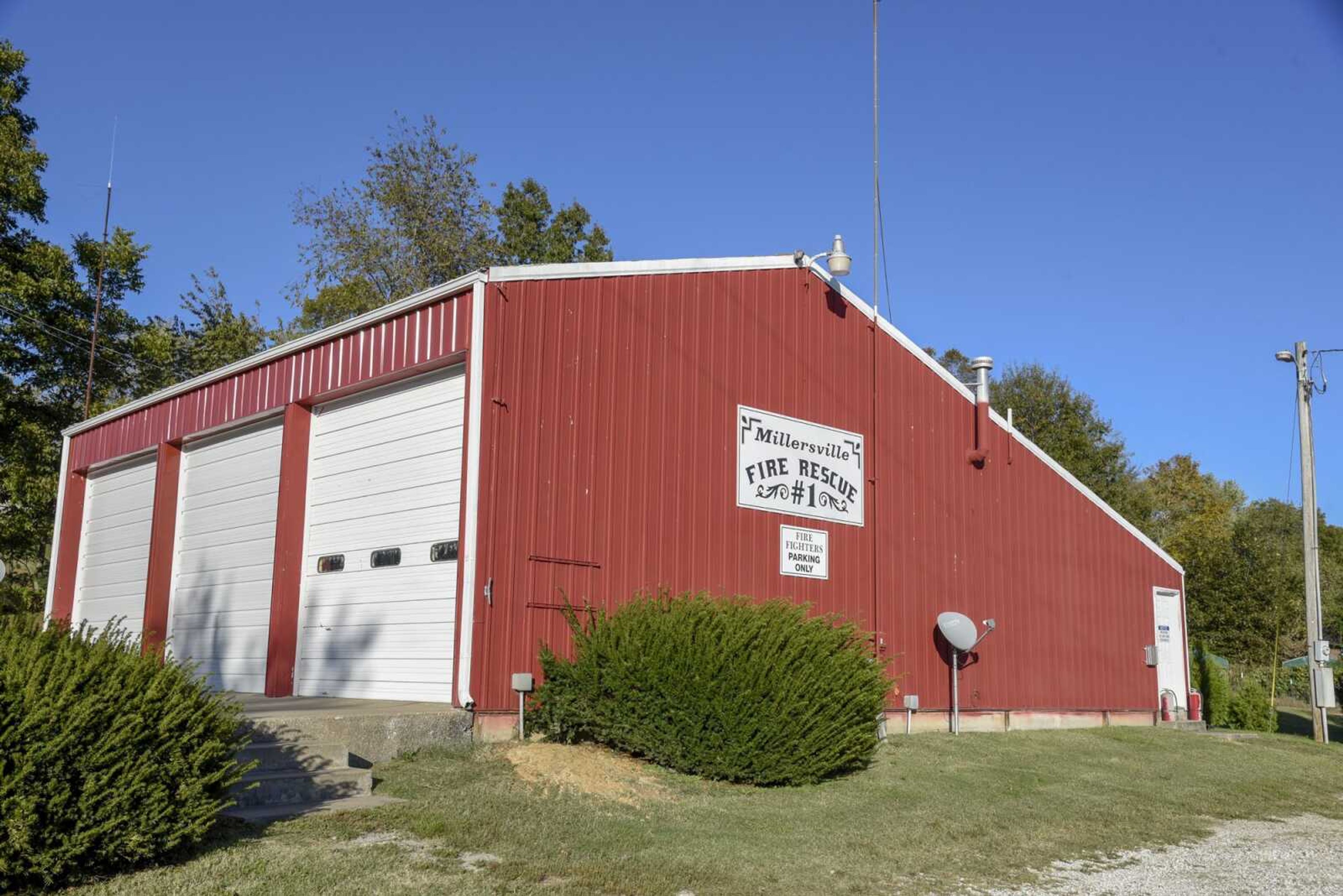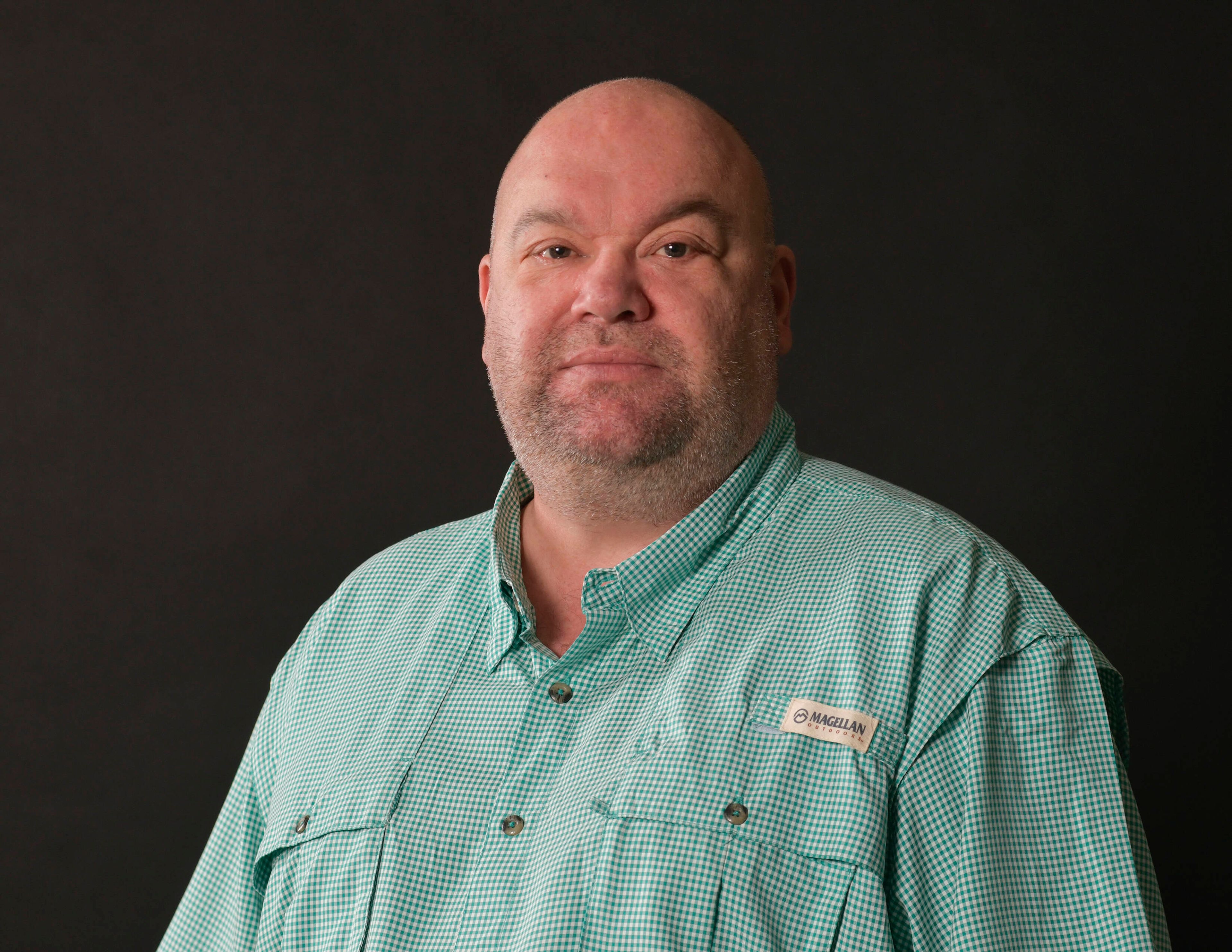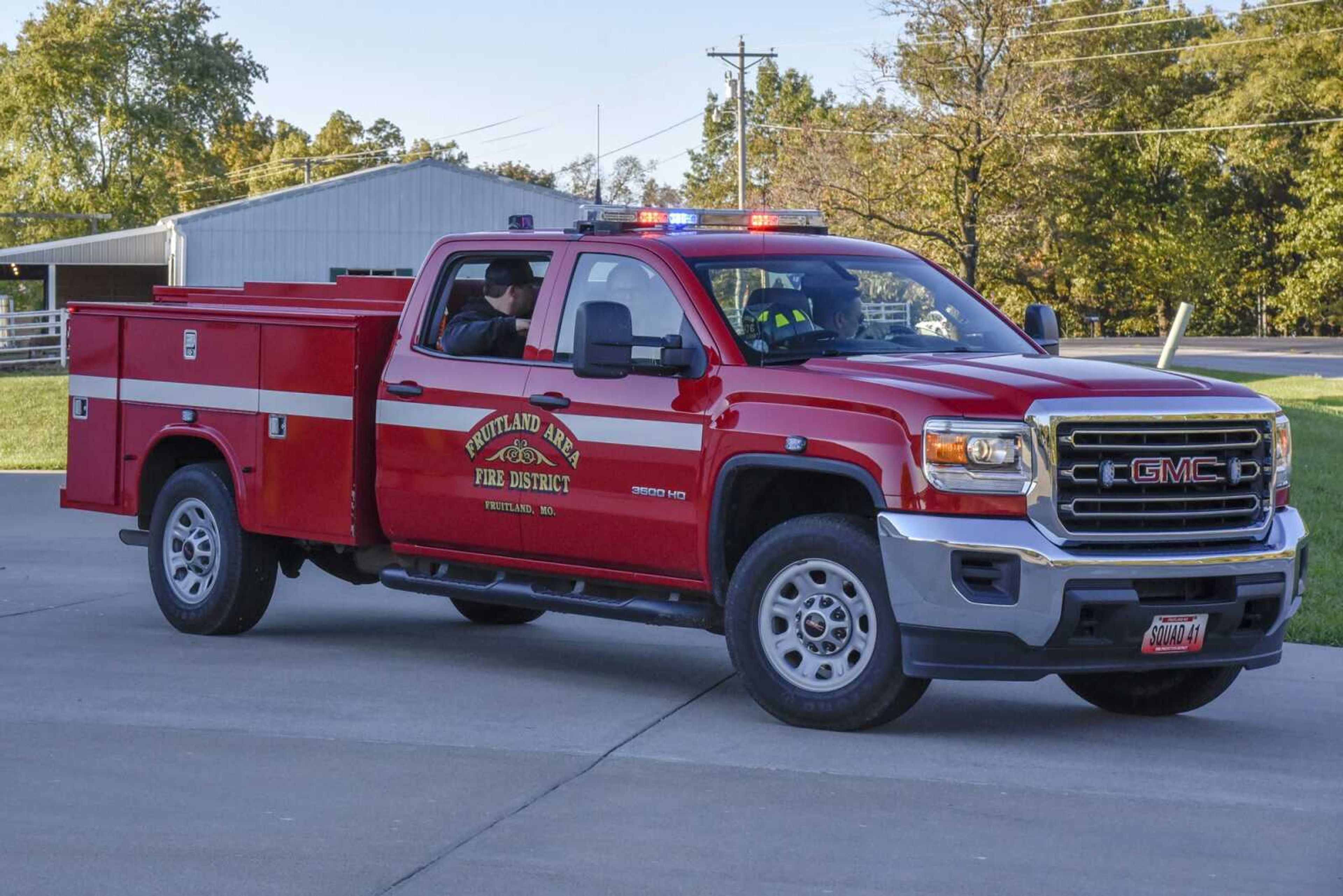First Responders Day: Volunteer firefighters — serving communities up close
Back when people had telephones attached to a wall, a couple dozen of them in Weiner, Arkansas, would sometimes ring with a constant ring, not the normal ring ... ring ... ring. That weird noise wasn't a malfunction. It identified a call coming into the town's volunteer fire department...
Back when people had telephones attached to a wall, a couple dozen of them in Weiner, Arkansas, would sometimes ring with a constant ring, not the normal ring ... ring ... ring.
That weird noise wasn't a malfunction. It identified a call coming into the town's volunteer fire department.
Members of the department would have the local telephone company add them to the list of those authorized to receive incoming emergency calls, and those special requests for help demanded attention because the situation could be anything — fire at the huge Riceland grain dryer in town, possible fatalities caused by a tornado or a medical emergency when the nearest ambulance was at least 20 minutes away.
It was always a guessing game who would "answer" the incoming call. Often, several people would jump on the line at about the same time, waiting for someone else to say, "Weiner Fire Department, what is your emergency?" But someone — or someones — eventually would, and once the people on the line had the necessary information, someone would hurry to City Hall to "tone out" the department.
It didn't matter who got there first. No need for a key. The doors were always open. This wasn't a "Mayberry jail key on the wall" thing. It was just how the department had to work, to make sure no one wasted time trying to unlock a door while someone's house was on fire.

The emergency message would go to the bulky beeper devices the members kept close by in heavy leather waterproof cases, telling them what type of incident was unfolding, where it was and anything else they might need to know.
From there, the men (all men back in the day) would don their turnout gear, for a fire, and either head to the fire station to drive or ride in a firetruck to the scene or go to the scene directly.
This happened day or night, 24 hours a day, every day of the year, no matter what else happened to be going on.
Farmers would shut down their combine and speed off to wherever. John Deere dealership employees would drop their tools and grab their boots. Tired men would get out of bed in the middle of the night, as their wives and children readied their gear and told them what to expect.
On more than a few occasions, during Sunday morning Mass at St. Anthony's Catholic Church, a handful of men would clutch their waist and turn down the volume on their beepers as they quickly — but reverently — left church to answer a more urgent prayer request.
These volunteers knew full well every time they answered a call, it might be their last. Battling a smoldering fire in a behemoth concrete grain bin is dangerous work, as is sifting through rubble as power lines spark overhead.
They also knew another horrific truth: In such a small town and sparsely populated area, any call they responded to might be an incident involving their friends, neighbors or even family members. Those firefighters have witnessed horrible events, as their counterparts in Missouri and elsewhere have. They saw life drain out of the 5-year-old girl who fell off her ATV and hit her head. They watched their friend and coworker peacefully breathe his last as a heart attack claimed his life. And they were there after their colleague couldn't avoid a collision with a train, his farming implement having gotten hung on the railroad tracks.
In Missouri, firefighters staff three types of departments — municipal fire departments, fire protection districts (such as Delta Fire Protection District, Fruitland Area Fire Protection District and Gordonville Fire Protection District in Cape Girardeau County) and volunteer fire departments.
All firefighters deserve our respect for what they do, and there is something special about those who step forward to lend a helping hand in a time of need not when it's their "job" — but their calling. "Pillars of the community" is the phrase that comes to mind.
The folks who toil at all fire departments — and especially those serving on a volunteer basis — hold together communities and rural areas not only in Southeast Missouri but across the nation. These men and women do so out of a sense of duty and responsibility. They are the front line, staving off tragedy when they can and easing the burden when they can't.
May God bless and protect them all.
Connect with the Southeast Missourian Newsroom:
For corrections to this story or other insights for the editor, click here. To submit a letter to the editor, click here. To learn about the Southeast Missourian’s AI Policy, click here.











